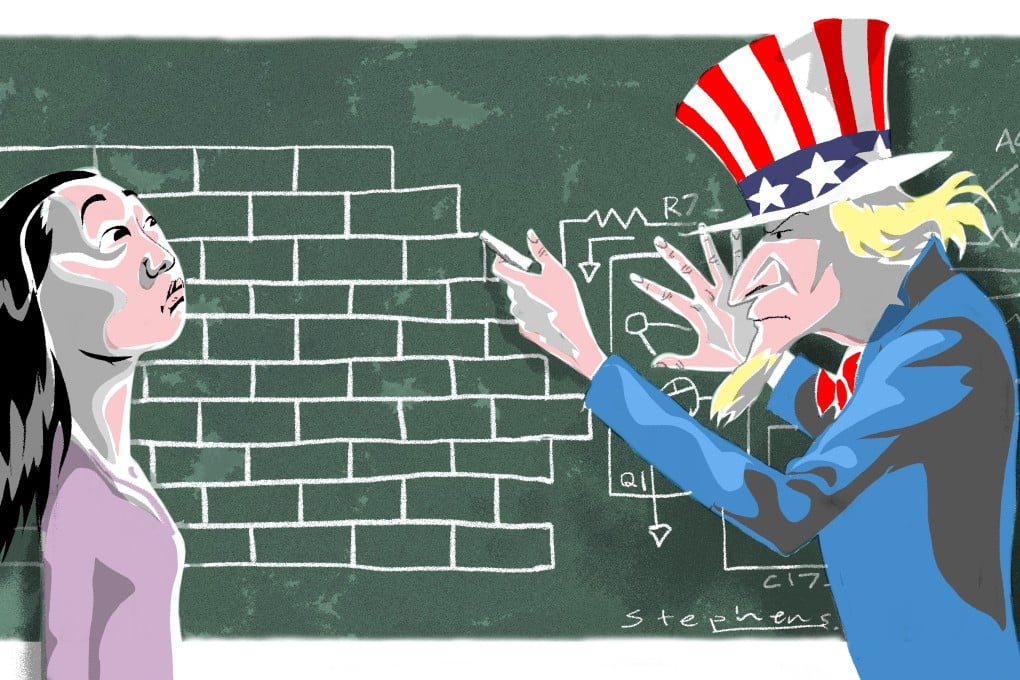Advertisement
Opinion | The US is hurting its universities and itself, when it shuts the door on research partnerships and innovation
- American academia is suspending research ties with Huawei under government pressure. This is a mistake, as collaboration between academia and industry is a mutually beneficial process that spreads the fruits of innovation more widely
Reading Time:4 minutes
Why you can trust SCMP

Foreign firms have noticed Chinese companies’ rapid transition from imitators to innovators, a shift highlighted in the South China Morning Post’s China internet Report 2019.
But some governments, especially that of the United States, have responded with bans and other barriers which they justify on the grounds of national security.
In addition to targeting private companies, some in Washington are moving to curtail international academic research.
Advertisement
Last month, Republican Senator Josh Hawley introduced a bill that would screen students from China, Russia and Iran to make sure they do not steal sensitive research while working at US universities.
Over the past 40 years, the US federal government has allocated a steadily declining volume of US gross domestic product for research and development, and US universities get less than half their research funding from Washington
Meanwhile, the Federal Bureau of Investigation is reportedly visiting US universities and urging them to screen Chinese students to prevent theft of sensitive information.
Advertisement
This is a new tack in an ongoing campaign against cross-border academic research and, more specifically, Huawei, a global technology company headquartered in China.
Advertisement
Select Voice
Select Speed
1.00x
